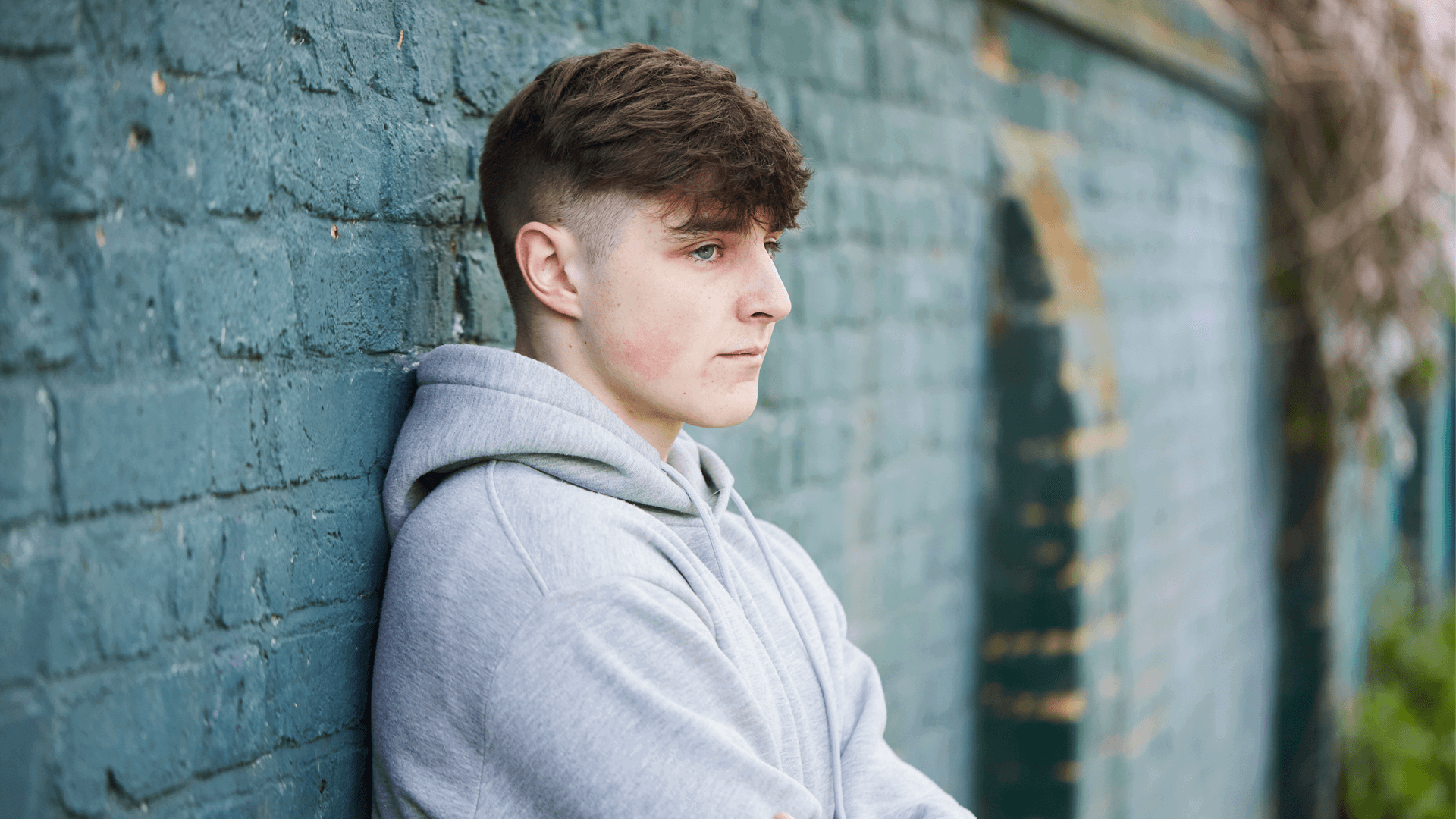Mental Health Youth First Aid: A Guide to Helping Young People with Mental Illness – This book provides comprehensive information on the available mental health services and includes a section on self-help techniques. It also explains how parents can play a role in supporting their child or young person with mental illness and can identify where they can get help.
Learn how to help children who are struggling with mental health issues. Mental health is something that many people never think about, but there are many different ways to help children who are struggling.
Children can experience many forms of mental health issues. They may have panic attacks, anxiety, depression, OCD, bipolar disorder, schizophrenia, ADHD, or other problems.
There are many different ways to help them, and you can learn much from watching their symptoms and helping them through the various stages of their recovery.
How do I get help?
Mental health issues are very common among youth. But how can you tell if your child has a mental illness?
The best way to find out is to ask them.
Many children are more comfortable talking about their feelings with someone they trust. This could be a parent, teacher, sibling, friend, or adult.
How do I talk to my child about mental health issues?
I once thought about writing a guide for parents to talk to their children about mental health. However, I quickly discovered that there is no guide for parents to talk to their children about mental health.
Most parents don’t know what to say when their kids start having problems. So, I decided to write this guide so that parents don’t have to go through the same struggle.
In this guide, I will show you the most important steps to take when discussing mental health with your child.
What do I need to know?
Mental health is something that many people never think about, but there are many different ways to help children who are struggling.
Many mental health issues include depression, OCD, anxiety, bipolar disorder, schizophrenia, ADHD, and others.
Knowing the signs of the different kinds of mental health issues is important.
Here are some examples of signs that your child might be having a problem:
• Your child is constantly complaining about things
• They have a change in appetite
• They seem to be having a hard time sleeping
• They are always asking for reassurance
• They are afraid of going to school
• They have suicidal thoughts
• They have unusual thoughts
• They have a change in mood
• They have a change in behavior
• They have trouble concentrating
• They are having thoughts about harming themselves
• They are not eating, sleeping, or attending school
• They have panic attacks

• They are anxious
• They are having hallucinations
• They are having delusions
• They are having flashbacks
• They are having nightmares
• They are having trouble controlling their emotions
• They are having trouble making decisions
• They are having trouble making friends
• They are having trouble controlling their impulses
• They are having trouble thinking
• They are having trouble controlling their behaviors
• They are having trouble controlling their feelings
• They are having trouble controlling their thoughts
• They are having trouble controlling their actions
How do I know if my child is suicidal?
It is important to know if your child is suicidal. If you notice changes in behavior that you feel are concerning, you should talk to your doctor.
If your child has made suicidal threats or acts, they should be taken seriously. You must seek help immediately.
If your child is feeling depressed, having trouble sleeping, or if they are talking about wanting to die, you should seek help.
How can I help my child?
You can do a lot to help your child. You can help them by being supportive and encouraging. You can teach them to recognize when they are becoming too stressed and to seek help.
You can also talk to your child about what you are feeling. You can show them you care about them by listening to their concerns.
Your child also needs to feel safe. You can help them feel safe by keeping them calm and their environment safe.

Frequently Asked Questions(FAQs)
Q: What advice do you have for someone feeling sad or down?
A: If you are struggling with depression, please talk to your parents or guardians about it. I always tell my fans that we are all different and everyone’s journey is unique. Depression can happen to anyone, and it’s important to seek help.
Q: What advice would you give to someone in the process of going through an eating disorder?
A: Eating disorders take a toll on your body, and they take away from your happiness. I’ve never tried to gain weight and have always been very proud of my body. Please don’t compare yourself to other people. Don’t let other people put negative energy into your life. You must love yourself enough to know you are beautiful and special.
Q: What should a parent know about a youth’s mental health?
A: A parent should never give a young person medicine without consulting a doctor first. If a child is exhibiting symptoms of depression, please contact a mental health professional, like a psychiatrist, psychologist, or counselor. It is important to get a young person’s help now instead of too late.
Q: Can parents provide any information to help youth feel better?
A: Parents should ensure their children have a daily routine that includes exercise and time outside. Youth need a sense of normalcy and routines. Also, be available to your children and tell them you are there for them.
Q: How did you get interested in mental health?
A: As a child, my mom was diagnosed with depression and anxiety. It wasn’t until recently, when I was researching mental health and what it means to be young and developing, that I realized how prevalent it is. My mom and I are very close, and we understand mental health.
Q: Do you ever experience depression?
A: I used to experience mild depression and suicidal thoughts, but I have been counseling since I was a teenager. I am open and comfortable discussing depression and other mental health issues. I like to ensure that young people understand that these problems are real and not something to be ashamed of.
Myths About Mental Health
1. If a teenager seems depressed, it is best to ignore them and let them overcome it.
2. A chemical imbalance causes depression.
3. Depression is just a phase everyone goes through.
4. Youth with mental health issues are dangerous and should be restrained and medicated.
5. Youth with mental health issues must not have guns, knives, or other weapons.
Conclusion
When it comes to helping someone who is struggling with a mental illness, it can be not easy. You may feel intimidated if you’re new to this work area.
I am here to help you navigate this topic. The following guide will walk you through the process of helping someone who is struggling with a mental illness.
This guide aims to help you learn how to do this work and get you started. I check out the resources below if you’re still looking for more information,
Mental Health First Aid is a great program designed to teach people how to identify and respond to people who are experiencing a mental health crisis. It is a six-hour online training course that is free.






